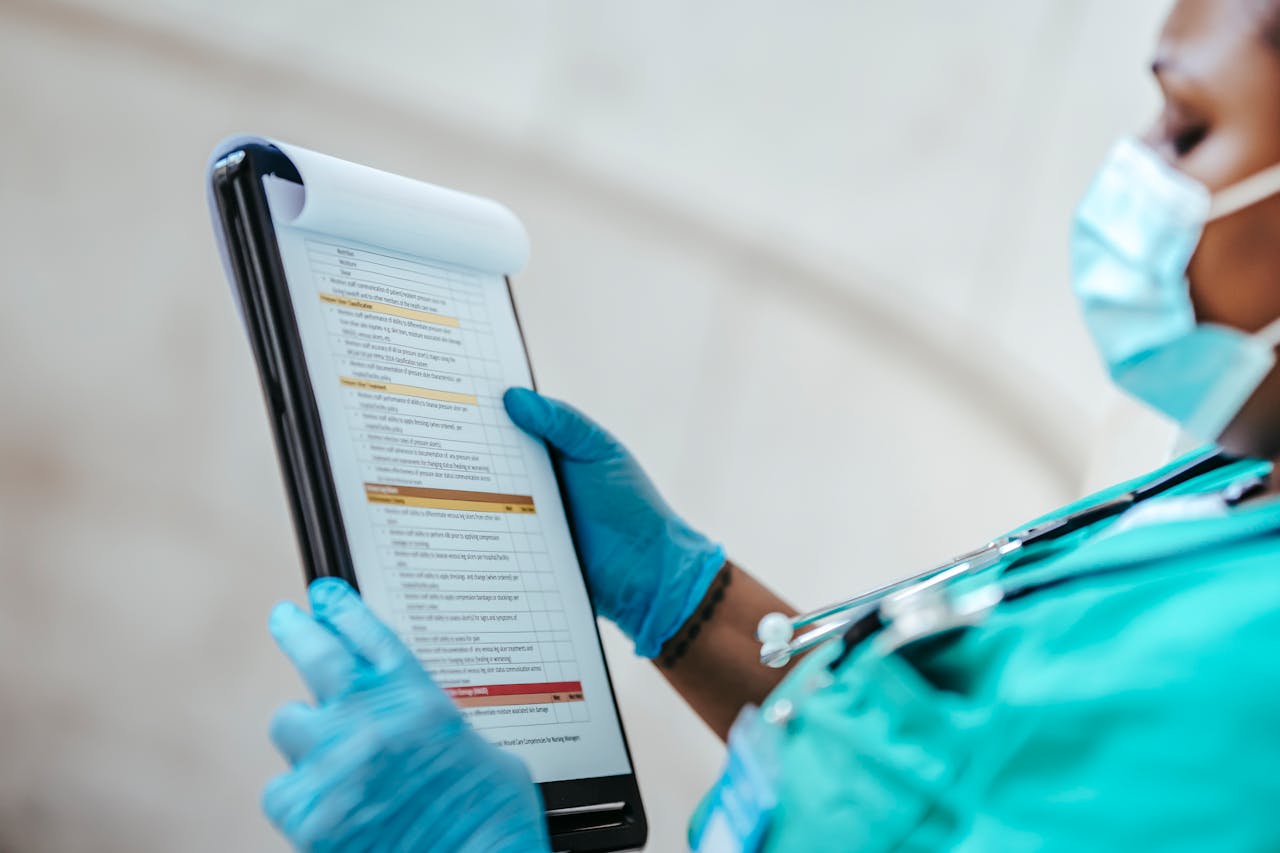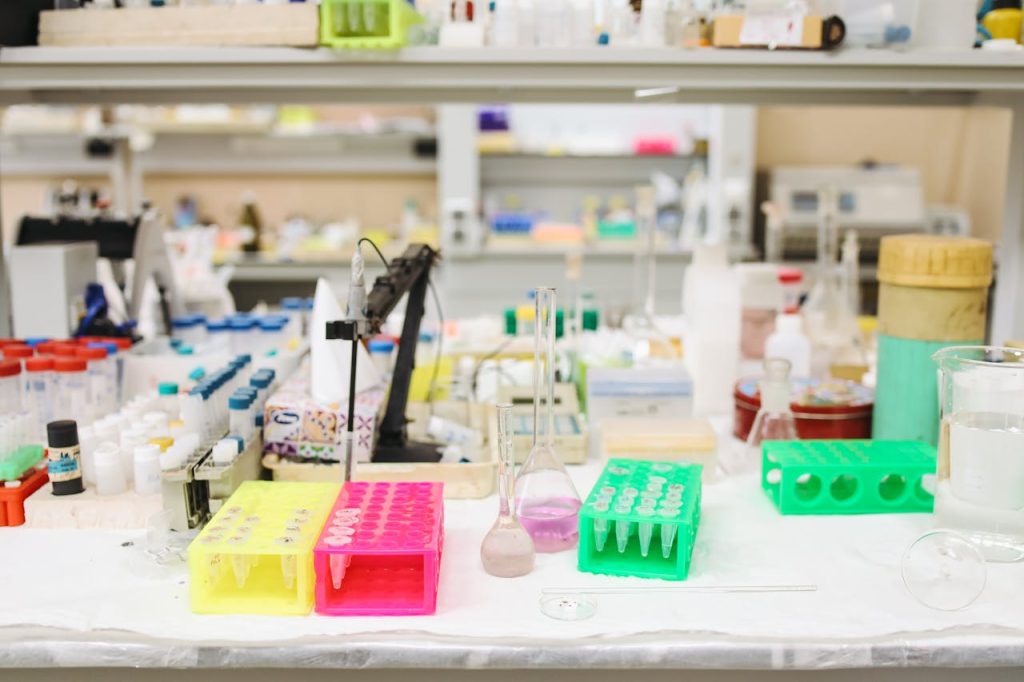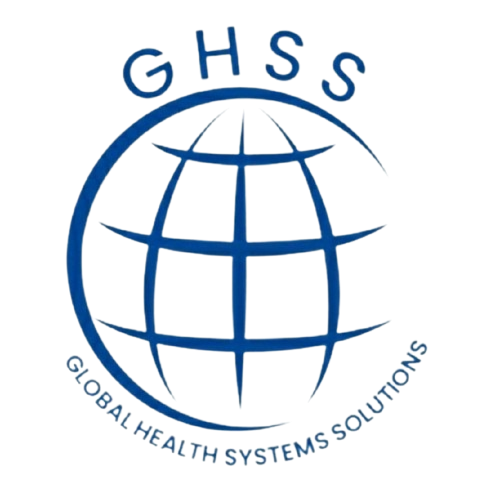What is SLIPTA?
Introduction
Medical laboratories play an essential role in determining clinical decisions and providing clinicians with information that assists in the prevention, diagnosis, treatment, and management of diseases.
However, inadequate investment has meant that many medical laboratories in Africa lack the necessary infrastructure, equipment, and resources to provide an effective and quality service.

Although the last decade has seen significant strides in the strengthening of laboratory systems in Africa, challenges remain across most countries at all tiers of their systems. Therefore, the strengthening of laboratory systems and services remains a priority. The establishment of a process by which laboratories can establish and monitor management systems towards the achievement of accreditation to international standards remains an invaluable tool for countries to improve the quality of laboratory services in a stepwise and sustainable manner.
In accordance with World Health Organization (WHO) core functions of setting standards and building institutional capacity, WHO Regional Office for Africa (AFRO), in collaboration with the African Society for Laboratory Medicine (ASLM), the United States Centers for Disease Control and Prevention (CDC) and host countries established the Stepwise Laboratory Quality Improvement Process Towards Accreditation (SLIPTA) to strengthen the laboratory management systems of its Member States. SLIPTA is a framework for improving the quality of medical laboratories in developing countries to achieve the requirements of the International Standards Organization (ISO) 15189 standard. It is a process that enables laboratories to develop and document their ability to detect, identify, and promptly report all diseases of public health significance that may be present in clinical samples.
Scope
This checklist specifies requirements for quality and compliance aimed to develop and improve laboratory services to established national standards. The elements of this checklist are based on ISO standard 15189:2022 (E) and, to a lesser extent, the Clinical & Laboratory Standards Institute (CLSI) guideline QMS01-A4, Laboratory Management System: A Model for Laboratory Services; Approved Guideline – Fourth Edition. This document is applicable to medical laboratories in developing their management systems and assessing their compliance.
This document is also applicable to point-of-care testing (POCT). Recognition is provided using a five star tiered approach, based on a bi-annual on-site audit of laboratory operating procedures, practices, and performance.
Purpose of SLIPTA
The intended purpose of the SLIPTA Checklist is to evaluate and verify the establishment, implementation and improvement of the quality management systems in medical laboratories.
This checklist shall be completed by a trained and certified SLIPTA Auditor and is for recognition purposes based on the SLIPTA star levels. The SLIPTA certificate will not replace accreditation or certification.

